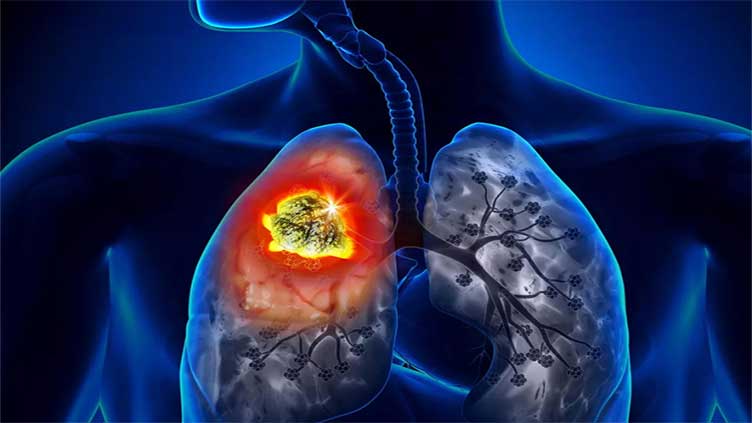World's first lung cancer vaccine trials launched

The human trials will be done on 130 patients
(Web Desk) - In a world-first, lung cancer vaccine trials have been launched in seven countries, which could revolutionise the way the deadly disease is treated, and possibly prevented.
Janusz Racz, 67, became the first patient in Britain to get the jab, which can kill lung cancer and prevent its recurrence.
The vaccine, called BNT116, is for treating the most common form of cancer: non-small cell lung cancer or NSCLC. The mRNA cancer immunotherapy for NSCLC, developed by BioNTech, was administered on Racz at University College London Hospital.
The trial has been launched across 34 research sites in seven countries: the UK, US, Germany, Hungary, Poland, Spain and Turkey. Six sites in England and Wales are taking part in the phase 1 clinical trial.
In total, the human trials will be done on 130 patients, 20 of them from Britain.
At nearly 1.8 million fatalities each year, lung cancer is the leading cause of cancer deaths in the world, with very low survival rates when tumours spread.
In the UK alone, there are nearly 48,500 lung cancer cases every year. Up to 72 per cent of lung cancers are caused by smoking, the biggest preventable cause of cancer worldwide.
How does the cancer vaccine work?
The vaccine 'instructs' the body to hunt down and kill cancer cells and then prevents them from ever coming back, the Guardian newspaper said in a report.
"The jab uses messenger RNA (mRNA), similar to Covid-19 vaccines, and works by presenting the immune system with tumour markers from NSCLC to prime the body to fight cancer cells expressing these markers," said the Guardian report.
“We are now entering this very exciting new era of mRNA-based immunotherapy clinical trials to investigate the treatment of lung cancer,” said Professor Siow Ming Lee at University College London hospitals NHS foundation trust (UCLH).
“It’s simple to deliver, and you can select specific antigens in the cancer cell, and then you target them. This technology is the next big phase of cancer treatment.”


